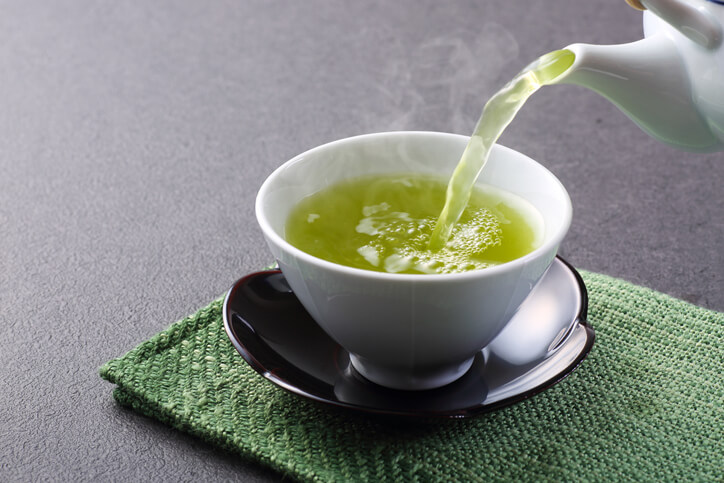
Why It’s Time for Tea!
By Joy Stephenson-Laws, JD, Founder
In China, people have been drinking tea for thousands of years. Reportedly, Turkish people are the biggest tea drinkers in the world! And we all may want to follow suit.
A recent study found evidence which suggested that drinking tea at least three times a week is associated with not only a longer but also healthier life. Habitual tea drinking was linked to a lower risk of cardiovascular disease and all-cause mortality.
"The favourable health effects are the most robust for green tea and for long-term habitual tea drinkers," said one of the lead authors of the study, in this report.
The study, which took place in China, included more than 100,000 participants who had no history of heart attack, stroke or cancer. The participants were categorized into two different groups: habitual tea drinkers (three or more times a week) and never or non-habitual tea drinkers (less than three times a week). Follow-up with the participants was done for a median of about seven years.
Being a habitual tea drinker appeared to promote a more healthy and longer life.
“For example, the analyses estimated that 50-year-old habitual tea drinkers would develop coronary heart disease and stroke 1.41 years later and live 1.26 years longer than those who never or seldom drank tea,” according to the report.
If this sounds pretty minimal to you, take a look at these additional results:
- The tea drinkers had a 20 percent lower risk of incident heart disease and stroke.
- 22 percent lower risk of fatal heart disease and stroke.
- 15 percent lower risk of all-cause mortality.
The researchers also analyzed tea drinking in a subset of about 14,000 of the participants, and they also saw apparent benefits with tea drinking. For example, 56 percent had a lower risk of fatal heart disease and stroke.
(One person dies every 37 seconds in the United States from cardiovascular disease, according to the Centers for Disease Control and Prevention (CDC). Heart disease is the leading cause of death in the United States).
“Mechanism studies have suggested that the main bioactive compounds in tea, namely polyphenols, are not stored in the body long-term. Thus, frequent tea intake over an extended period may be necessary for the cardioprotective effect," said one of the authors of the study.
Polyphenols, which have antioxidant properties, are micronutrients found in plant-based foods such as fruits and vegetables. Coffee also contains polyphenols, but not everyone tolerates caffeine well. So you can have a caffeine-free herbal tea and still get those polyphenols. And, of course, you can get polyphenols from eating a nutrient-rich diet with plenty of plant-based foods.
Keep in mind that the study showed that people reaped the most benefits from drinking green tea. (Most of the participants preferred green over black tea).
“Black tea is fully fermented and during this process polyphenols are oxidised into pigments and may lose their antioxidant effects. Second, black tea is often served with milk, which previous research has shown may counteract the favourable health effects of tea on vascular function.”
More research is needed, but the researchers did see more statistically significant results in the male participants compared to the women.
So a cup of tea may want to be something that you add to your proactive healthcare regimine, however, if you are pregnant, breastfeeding or have any existing health issues, it is always best to speak with a competent healthcare professional about whether drinking tea is right for you.
Also keep in mind that there may be an increased risk of esophageal and stomach cancers from drinking tea that is too hot (130-140° F), according to Harvard Health.
Let your tea cool a bit and make it even more healthy and delicious by adding fresh mint and honey.
Enjoy your healthy life!
The pH professional health care team includes recognized experts from a variety of health care and related disciplines, including physicians, attorneys, nutritionists, nurses and certified fitness instructors. This team also includes the members of the pH Medical Advisory Board, which constantly monitors all pH programs, products and services. To learn more about the pH Medical Advisory Board, click here.







